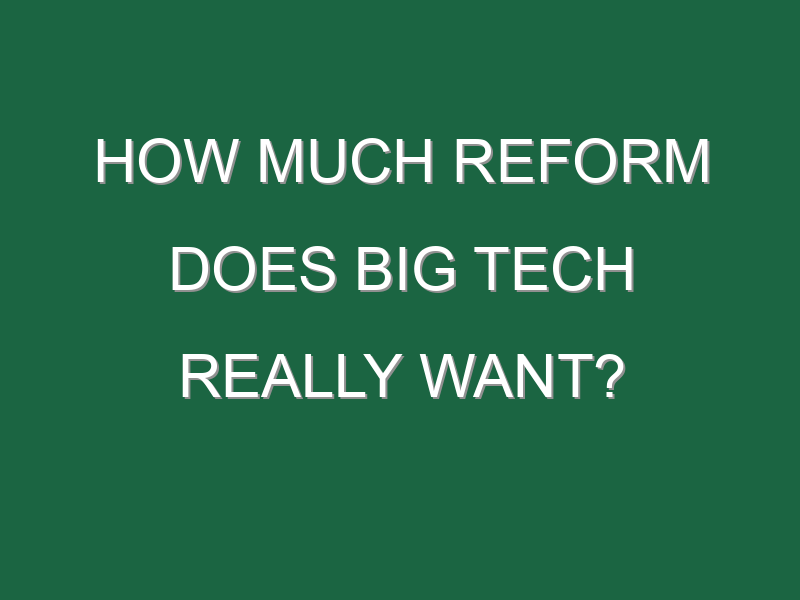The CEOs of Facebook and Twitter agree with lawmakers on one thing: Congress should consider updating Section 230, a law that protects them from being held liable for what users post on their services.
Mark Zuckerberg and Jack Dorsey reiterated their stances at Tuesday’s Senate Judiciary Committee hearing, where they were grilled for several hours over everything from elections to misinformation to censorship. But, perhaps unsurprisingly, the executives’ suggestions for Section 230 reform sound a lot like what they already do or have been planning to do.
Zuckerberg said companies should be required to report on the harmful content on their services as well as what they did to address it. But, as he said on Tuesday, Facebook already does this in its quarterly transparency reports, the latest of which will be published on Thursday. Dorsey said companies should have to provide more transparency around why they make decisions to label or remove specific posts as well as provide users with the choice to switch on or off certain algorithms—but Twitter already does that to an extent too.
“They’re under political and public relations pressure to say they’re willing to entertain more government involvement in their businesses,” said Paul Barrett, deputy director of the New York University Stern Center for Business and Human Rights. “They’re talking mostly about transparency, which is good, but it won’t necessarily require these companies to do business in a different way.”
Barrett thinks companies should go even further and explain why algorithms are flagging, amplifying, or removing specific content, even if that’s somewhat hard to trace. “These guys always say these algorithms don’t favor sensationalist material,” he said. “Then what does it favor, and how does it favor it?”
Anurag Lal, formerly a member of a task force at the Federal Communications Commission, believes that Section 230 reform should also include some kind of penalty to hold companies accountable for failures. Industry leaders, he suggested, should work with lawmakers to determine best practices and accountability measures for large companies like Facebook and Twitter.
“Today, it’s everything goes,” he said. “Where the platform has been abused … there has to be some kind of liability.”
But Lal added Section 230 was created for a reason, and it should still exist for that very same reason: innovation. To avoid stifling the creation and growth of new Internet companies, lawmakers should limit new requirements to large companies and refrain from the knee-jerk reaction of revoking it all together.
“We cannot let it get politicized and torn down,” he said. “It’s not a zero-sum game.”
Danielle Abril
@DanielleDigest
[email protected]
***
In this episode of Fortune‘s Brainstorm podcast, our own Robert Hackett argues the cryptocurrency is approaching bubble territory. CoinShare’s Meltem Demirors says otherwise. But the two agree on one thing: More and more investors are turning to cryptocurrency as a means of diversifying their portfolios. Listen to the episode here.




